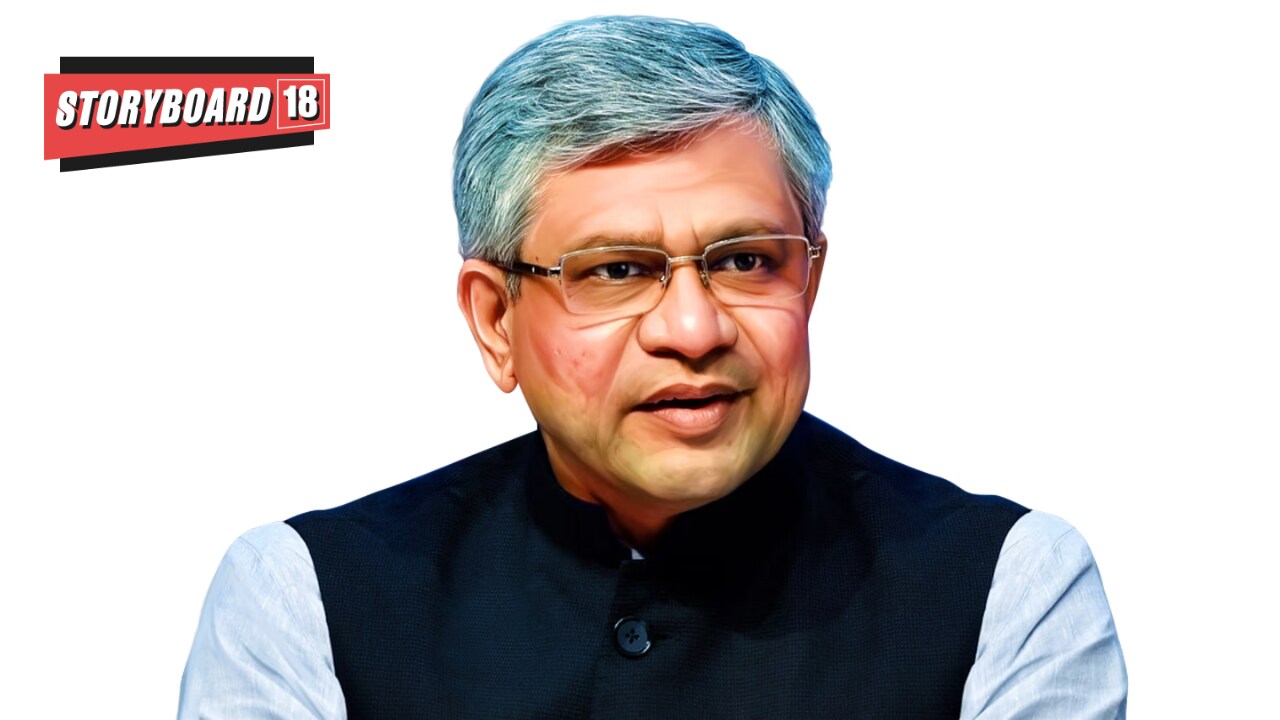At the World Economic Forum in Davos, Switzerland, India’s Minister of Electronics and Information Technology, Ashwini Vaishnaw, expressed confidence that the country’s newly proposed Digital Personal Data Protection (DPDP) rules could become a “global template” for data regulation. In an exclusive interview with CNBC-TV18, Vaishnaw discussed the newly unveiled rules, which were made available for public consultation earlier this month, underscoring their goal of striking a delicate balance between innovation and regulation.
Read more: How to submit feedback on DPDP draft rules: All you need to know
“The rules operate within the framework of the Act, which itself was the product of years of exhaustive consultations,” Vaishnaw explained, emphasizing the collaborative approach taken in shaping the legislation. “Even here in Davos, a senior leader remarked that this is the model the world will follow now — not the GDPR anymore.” The minister went on to criticize the European Union’s General Data Protection Regulation (GDPR), claiming it stifles innovation. By contrast, India’s approach, Vaishnaw argued, offers a “practical, common-sense solution” designed to accommodate the dynamic nature of technological advancement.
Read more: DPDP Act: Making sense of the rules for marketers
The minister also highlighted the importance of flexibility within the rules, cautioning against overly rigid prescriptions. “Technology will evolve. We cannot afford to hardcode regulations; instead, the rules must remain principle-based, just as the Act itself is,” he said.
The implementation of India’s Digital Personal Data Protection framework will be entirely digital, a move designed to ensure seamless integration with the country’s technological landscape and promote adaptability. Vaishnaw shared that initial feedback from stakeholders has been overwhelmingly positive, with only minor adjustments likely needed going forward.
Vaishnaw’s remarks underscore India’s increasing prominence in global discussions surrounding data governance. With the passage of the Digital Personal Data Protection Act last year, the country has laid a foundational regulatory framework that aims to shape the future of data protection on a global scale.
